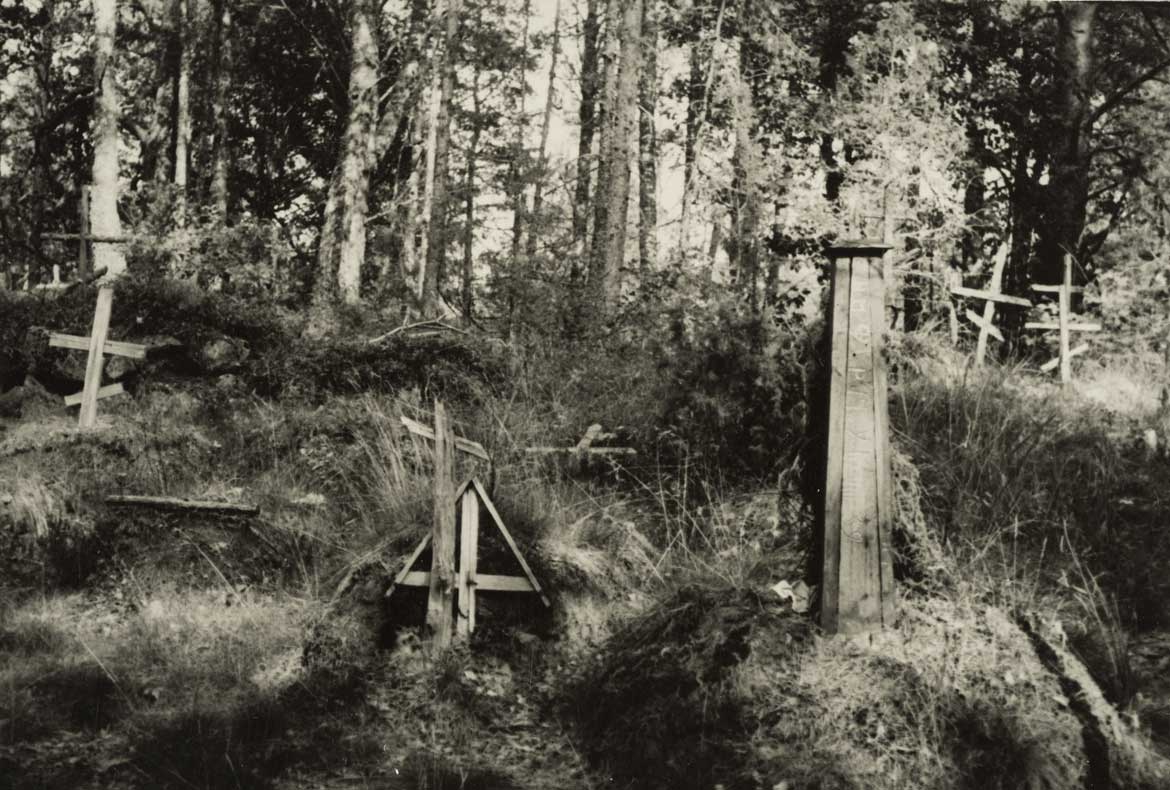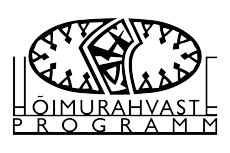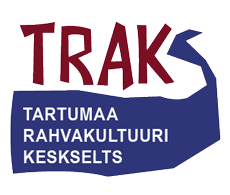Sa’ab lunta, uutta lunta
(On Brother’s Grave)
Meel Valk and choir
In Votian
Sa’ab lunta, uutta lunta,
oi-lolee-lolee, uutta lunta,
valab vazgõssa ragõhta
uuvõõ lidnaa uulitsallõ,
vazgõzõõ pajaa eteese.
Tulõvad nelĺä neitsükkäissä
vassõzõõ pajaa eteese,
juttõb tõinõ tõizõlõza:
“Millä nõizõmm mäntšämääse,
kulillako vai kalilla?”
Kuli kukkui taiva’asõõ,
kali veeri kalmo teele,
vierakko tšerikko teele,
vieri vellee tšääpää pääle.
“Oi velvüd, emäni lahsi,
võidko nõissa ja ületä?
Anna tšääppäässä tšätüed,
sõrmõd liivassa viritä!”
Velli tšääppäässä tšärähti,
maanalta antõ äälee:
“Oi, sõsar, emäni lahsi,
elä riko uhsiani!
Eväd õlõ sinu tehtü,
uhzõd on tehtü Toonõõ tehtü,
i Toonõõ tširvee tširjutõttu.
Oi, sõsar, emäni lahsi,
mene kotoo, õõ kotona,
vaali vakka piiragoita,
tšühzetä anõõ-munõita,
too munad mullaa pääle,
piiragaizõd tšääpää pääle,
nimetä minuu nimeni,
arva minuu aikojani!”
In English
It’s snowing fresh snow,
It’s pouring coppery hail
On the streets of a new town,
To the front of a coppery smithy.
Four maidens approach
The coppery smithy,
One asks the other:
“What will we play with,
kuli* skittles or bats?”
A skittle fell into the sky,
The bat rolled to the graveyard path,
A round [skittle] to the church path,
Rolled on the brother’s grave.
“Oh, dear brother, my mother’s child,
Will you wake and ascend?
Give us your hands from the grave,
Stretch your fingers from the sand!”
Brother grumbled from the grave,
Made sound from beneath the ground:
“Oh, sister, my mother’s child,
Don’t destroy my doors!
These were not made by you,
The doors were made by Tooni
And adorned by Tooni’s axe.
Oh, sister, my mother’s child,
Go home, be at home,
Bake a basketful of pies,
Boil goose eggs,
Bring the eggs to the soil,
Pies to my grave,
Say out my name,
Guess my time!”
* kuli, katška, kiila, Russian Gorodki is an ancient sports game, played with a bat and skittles.
Snow and coppery hail is falling down on a mythical smithy. Four maidens come there to play a game of gorodki. A skittle flies to the sky and from there to the brother’s grave. A maiden asks the brother to rise from the grave. But the brother tells his sister to go home, bake pies and boil eggs, then bring these to his grave and say out his name.
The song opens with a mythical image of a coppery smithy and four mythical maidens, who may be interpreted as the (weaving) goddesses of destiny in Baltic-Finnic mythology. It may be assumed that the game of gorodki once used to have a magical function. When the sister wishes to communicate with her dead brother as with a living person, the brother tells her to follow the rules of how the living communicate with the dead. The Orthodox people still observe the ancient tradition of sharing food at the grave. The line nimetä minuu nimeni (’say out my name’) refers to the symbolic offering of food to the deceased.
T Vana naine Vassilissa, Pummola (Vihtori Alava 1901, SKVR IV3 4778); Anna Ivanovna, Peen-Rudja (August Ahlqvist 1854–1855, SKVR IV3 4657).
M Tatjana Jegorov, Anna Kivisoo, Ropsu, and choir (Lauri and Aili Laiho-Simonsuuri 1937, ERA, Pl 113 A2, 118 B2).

An old Votian graveyard near Kõrvõttula (Korvetino) village. Photo: E. Laid, 1942 (ERM Fk 1009:106).





